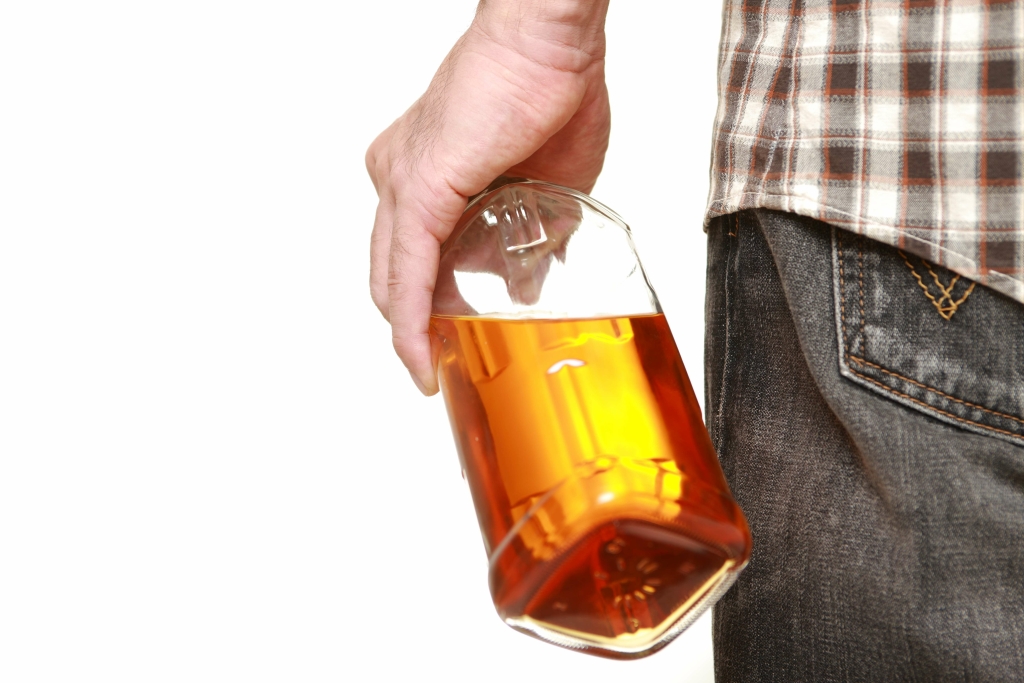Content
At a certain point your alcoholism progresses from the early stages to end stage alcoholism, which presents with unique signs and symptoms. Finally, the addiction to alcohol progresses to late-stage alcoholism. This is when the drinker starts to experience shattered relationships, financial hardship, and a variety of grave physical ailments. The immune system becomes compromised, for instance, a situation that leaves the victim open to a number of serious illnesses. Brain, heart, and liver damage can also occur during this final stage of alcohol use disorder. Eventually, if left untreated, it can also lead to premature death.
- As the disease progresses to the middle stage, drinking continues to increase and dependency develops.
- Addiction is a lifelong condition that can never be cured–only managed.
- In the last stage of alcoholism, the body will experience irreversible physical damage if alcohol use is not discontinued.
- It usually entails an extended stay at a halfway house or sober living facility.
Early-stage alcoholism is considered the beginning of an individual’s transition from chronic alcohol abuse to clinical alcohol use disorder. While the individual is usually unaware of the harmful effects of their alcohol abuse, an alcohol use disorder is beginning to develop. As a person with a high tolerance continues to drink heavily, their body adapts to the presence of alcohol. After ongoing heavy use, the body may develop a physical dependence. A person with a dependence may go through withdrawal symptoms without a certain level of alcohol in their body. When the normally high level of alcohol in a person’s body begins to drop, they may feel physically ill.
Heart Disease
Many people refer to alcoholism as a “family disease” because it can have a major impact on all members of the family whether they realize it or not. Between 90 and 100 percent of alcoholics develop a fatty liver, which can progress to cirrhosis. Stopping is impossible at this point without professional help because of the severe and potentially life-threatening withdrawal symptoms that would occur if they quit cold turkey. Alcoholics in this stage have a hard time controlling their drinking. They may begin drinking early in the day and plan their day around their drinking. In social situations, they may be unable to stop drinking when others do and find that they can’t handle as much as they previously could without becoming drunk.

23 years ago Jack dedicated his life to helping others learn a new way of living free of active addiction. Jack is committed to spirituality, family, humor, and helping the community overcome addiction. The information provided by AddictionHelp.com 5 Tips to Consider When Choosing a Sober Living House is not a substitute for professional medical advice. View our editorial content guidelines to learn how we create helpful content with integrity and compassion. The use of this website is subject to our privacy policy and disclaimer.
Treatment
However, with proper treatment and support, most people with alcoholism can recover and lead healthy, productive lives. Alcoholism often starts as just having a little bit of fun—but without controlling the amount and frequency it’s consumed, it can quickly progress to addiction. Alcoholism treatment is possible at any stage of its progression, but understanding how it works is important so you can get help sooner rather than later. When most people drink to their tolerance level, they exhibit signs of intoxication. Those signs include slurring words, loss of balance and poor physical coordination.
People with mental health conditions may also try using alcohol to self-treat their condition, leading to an alcohol use disorder and worsening of their original disorder. When alcohol addiction and a mental health condition are present at the same time, this is called dual diagnosis or co-occurring disorders5. End-stage alcoholism is basically when the individual reaches a full-blown addiction to alcohol. This means that their withdrawal symptoms will become severe if they stop drinking alcohol suddenly, requiring professional detox. Like many other diseases, alcohol use disorder is progressive. An individual with an addiction to alcohol will move through the stages of the disease as they continue to drink and drink larger quantities.
